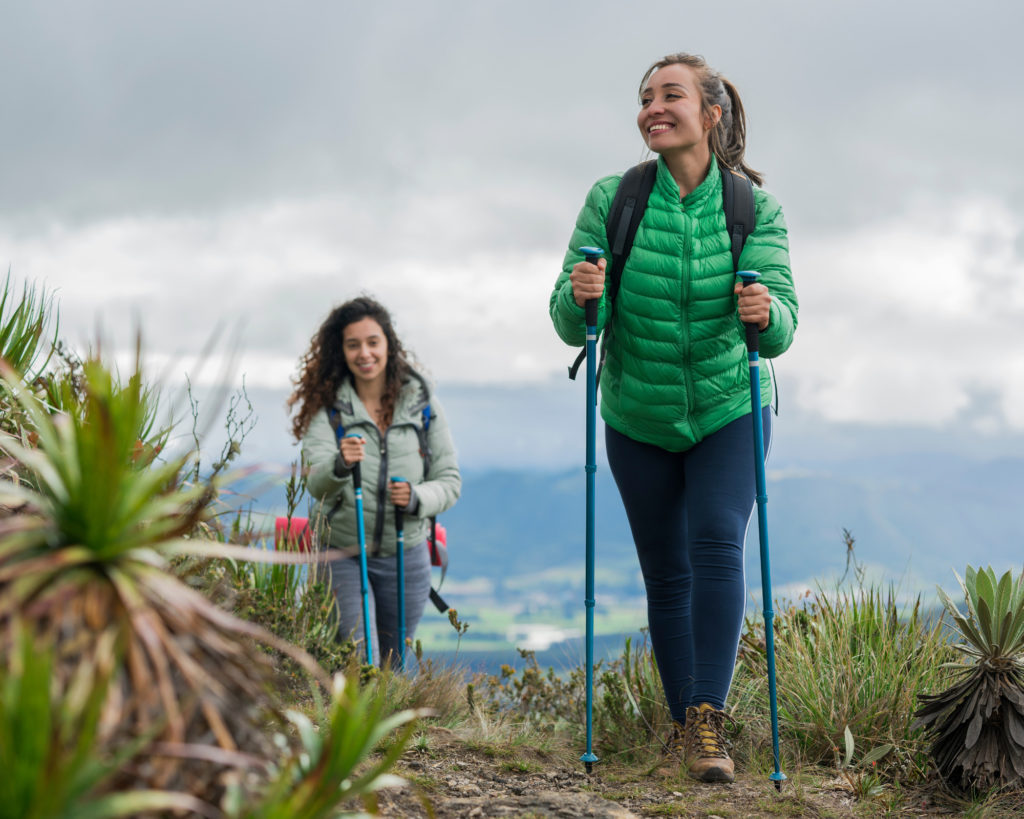
Introduction
Nepal is one of the most popular trekking destinations in the world, attracting thousands of adventure seekers every year. With its stunning mountain landscapes, diverse cultures, and friendly people, Nepal offers a unique and unforgettable trekking experience. However, trekking in Nepal can also be challenging, especially for women who may have concerns about safety and cultural differences. In this guide, we provide everything you need to know to plan a safe and enjoyable trekking trip to Nepal.
Planning Your Trek
The first step in planning your trek is to research the different routes and difficulty levels that suit your fitness level and experience. You can find plenty of information online, but it’s best to consult with a reputable trekking agency that can provide you with detailed information about each route, including the best time to trek, the weather conditions, and the highlights of each trek.
When choosing a trekking agency, look for one that has a good track record in providing safe and enjoyable trekking experiences for women. You can read reviews online or ask for recommendations from other female trekkers. Make sure the agency has qualified guides who are knowledgeable about the terrain, the culture, and the safety procedures.
Before you embark on your trek, make sure you have the right gear and equipment, including sturdy hiking boots, warm clothing, a waterproof jacket, a hat, gloves, a backpack, and a sleeping bag. You can rent or buy most of the gear in Nepal, but it’s best to bring your own to ensure quality and comfort.
Safety Tips for Women Trekkers
While trekking in Nepal is generally safe, it’s important to take certain precautions to ensure your safety and wellbeing. Here are some safety tips for women trekkers:
- Avoid trekking alone and always go with a guide or a group of trekkers. This is particularly important for solo female travelers who may be more vulnerable to harassment or theft.
- Be aware of your surroundings and stay alert. Keep your valuables close to you and avoid flashing them in public.
- Dress appropriately and modestly to respect local culture and customs. Nepali culture is conservative, and women should avoid wearing revealing or tight clothing.
- Carry a whistle or a personal safety alarm in case of emergency. This can help alert other trekkers or locals if you need assistance or if you feel threatened.
Also read: 5 easy way to verse
Health and Hygiene
Trekking in Nepal can be physically demanding, so it’s important to take care of your health and hygiene. Here are some tips to keep in mind:
- Stay hydrated and drink only bottled or treated water. Avoid drinking tap water or unfiltered water from streams or rivers.
- Bring your own toiletries and hand sanitizer. While some lodges or tea houses may provide basic amenities, it’s best to bring your own to ensure cleanliness and hygiene.
- Be prepared for altitude sickness and take necessary precautions. This can include acclimatizing slowly, staying hydrated, and taking medication if prescribed by a doctor.
- Know how to use squat toilets and bring your own toilet paper. Squat toilets are common in Nepal, and it’s important to know how to use them properly. Bring your own toilet paper as it may not be provided in all restrooms.
Cultural Sensitivity
Nepal is a culturally rich country, and it’s important to respect its customs and traditions. Here are some tips to help you be culturally sensitive while trekking in Nepal:
- Learn about the local culture and customs and respect them. This can include dressing modestly, removing your shoes before entering temples or homes, and greeting locals with a “namaste”.
- Dress modestly and avoid showing too much skin. Women should avoid wearing shorts or sleeveless tops, especially in rural areas where the culture is more conservative.
- Always ask for permission before taking photos of locals or their property. Some locals may not want their picture taken, and it’s important to respect their wishes.
- Do not litter and dispose of your waste properly. Trekking routes in Nepal can become polluted with plastic and other waste, so it’s important to carry out all your trash and dispose of it properly.
Conclusion
Trekking in Nepal can be an incredible and life-changing experience for women. By following these tips and guidelines, you can ensure a safe and enjoyable trekking trip while respecting the local culture and customs. So, pack your bags, put on your hiking boots, and get ready to explore the breathtaking beauty of Nepal!
